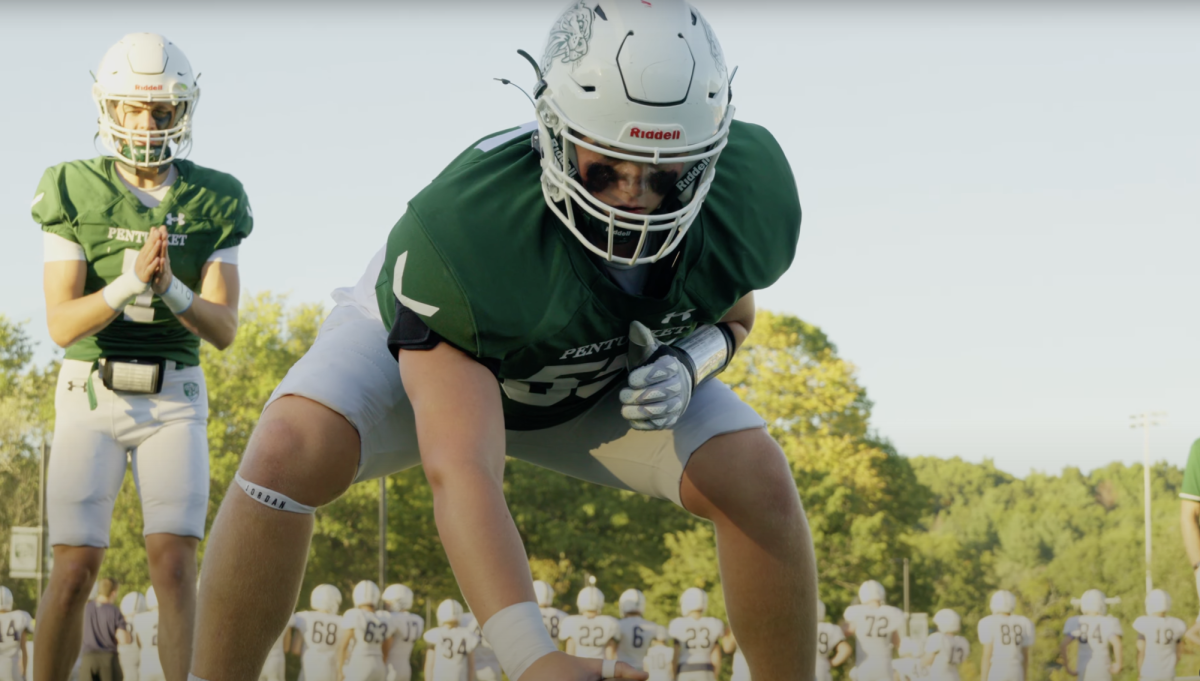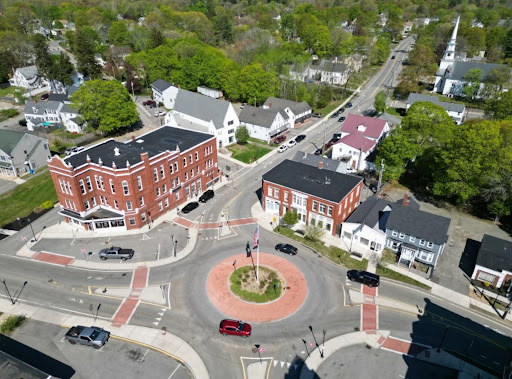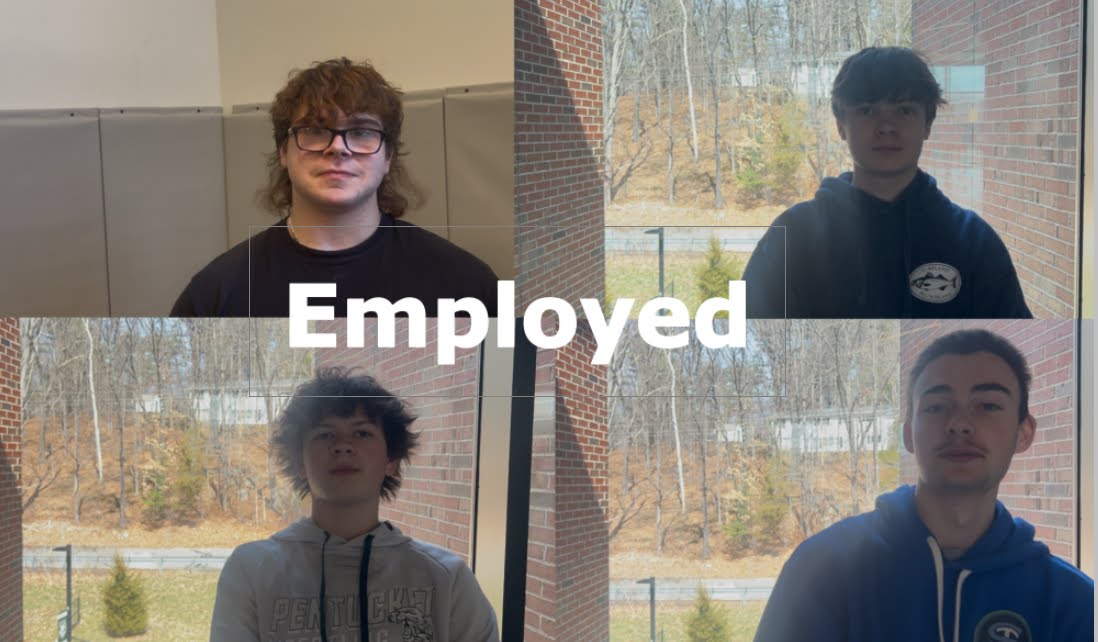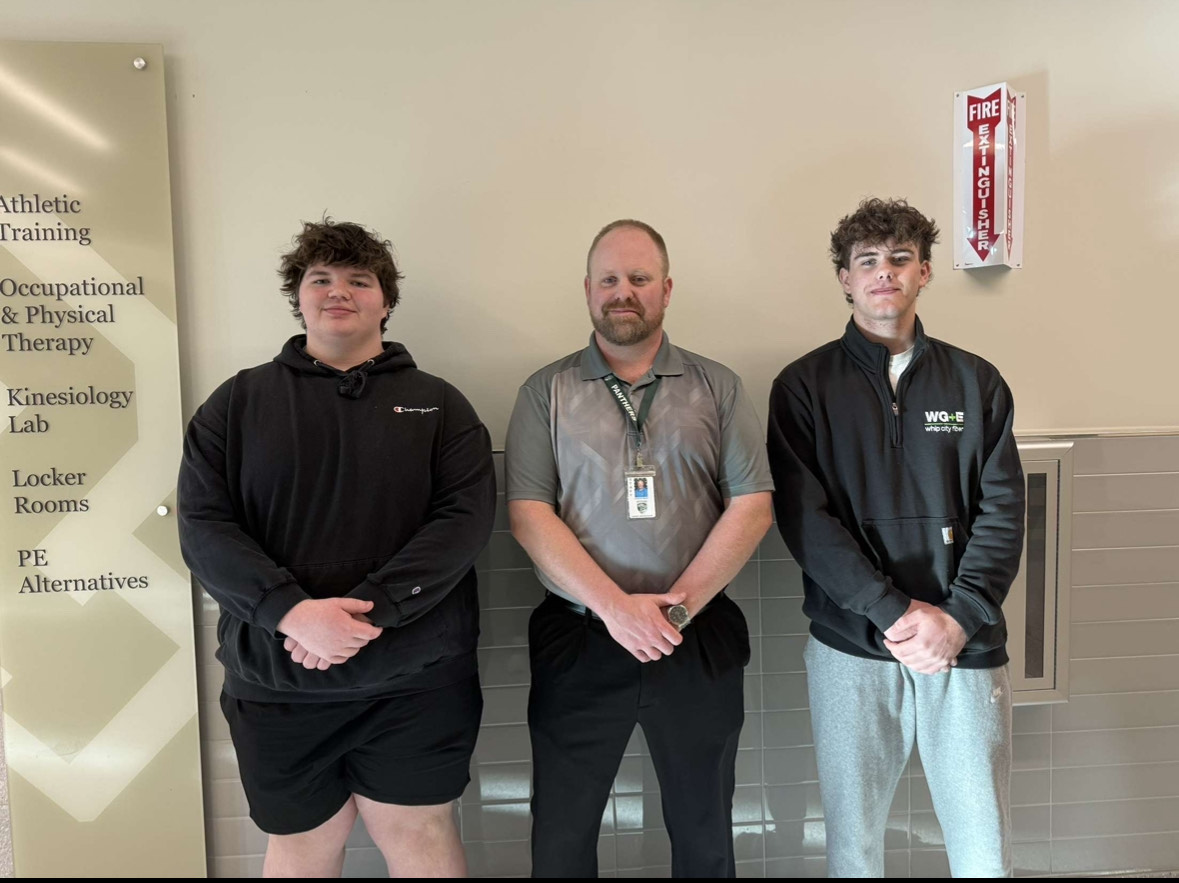High school serves as an essential stepping stone in a person’s life, offering both academic and personal development opportunities that pave the way for future success.
Whether students choose to pursue college, enter the workforce, or explore alternative options, high school prepares young adults with skills and experiences needed to navigate the world. However, each person’s experience can vary depending on the individual and the decisions they make in high school.
The structure of high school is designed to prepare students for the demands of adulthood. One of the ways that high school prepares students for adulthood is through the academic curriculum. Teaching subjects like math, science, english, and social studies help students develop critical thinking, problem-solving, and communication skills that are vital to have in college or in the workforce.
Advanced Placement (AP) and dual enrollment programs further bridge the gap between high school and college together by offering students a sample of college curriculums while also earning potential college credit.
Additionally, elective courses allow students to explore specific interests such as business, technology, or the arts. These courses help students identify career paths or hobbies they might be interested in, influencing their future decisions. For instance, a student who excels in a high school studio art class may choose to pursue a career in fine arts or even attend a certain college that specializes in art.
Beyond academics, high school fosters the development of essential life skills. Where the aspect of balancing coursework, extracurricular activities, and personal commitments all come into play, students learn the importance of time management throughout their time in highschool.
Assignments with deadlines, group projects, and exams all teach students how to prioritize tasks and work under pressure, a skill vital to any future college or career path. Outside of the school day, extracurricular activities such as sports, clubs, and student government provide students with more opportunities for personal growth.
The participation in these activities teaches students the importance of teamwork and leadership, as well as helping students learn how to persevere in difficult situations. Student-athlete learns discipline and resilience through their sport, while a member of the speech and debate team at Pentucket work on their public speaking and impromptu skills. These different experiences build character and prepare students for the real world.
Many high schools across the country have incorporated real world programs like the business club DECA, which helps to better prepare students for life beyond graduation. Career and technical education programs, internships, and job shadowing opportunities give students a firsthand experience in various work fields.
Financial literacy courses are now becoming increasingly offered as well to teach students practical skills like budgeting, managing credit, and understanding taxes for when they have to handle their own finances as adults.
In addition, high school counselors play a crucial role in guiding students through post-graduation planning. They will assist with college applications, scholarship searches, resume building, and anything else to ensure students have the resources needed to take their first steps into the real world. While high school provides students with a solid foundation, there are areas where it could be better in preparing students for their future.
Some critics argue that the traditional focus on standardized testing detracts from practical skills, such as financial management or trade-specific training. Building more access to internships and vocational programs could further help students who do not plan to attend college but instead join the workforce.
High school is more than just an academic institution, it is the building blocks for the next step in life. By offering a combination of coursework, skill building extracurriculars, and real-world experiences, it prepares students for a multitude of paths after graduation.
While there is always room for improvement, the lessons and skills learned during these years provide a promising path which students can build successful and fulfilling lives on.


















